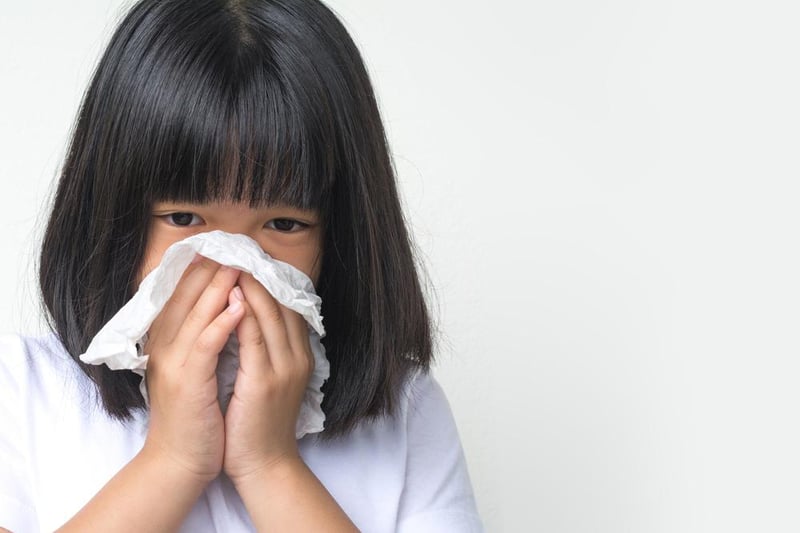Texting Now Available!
Anoka text # 763-265-7803 | Andover text # 763-878-7207
Elk River text # 763-878-8275 | St Francis text # 763-314-3312
Get Healthy!

- Cara Murez
- Posted December 24, 2022
Is Your Kid's Runny Nose Going on Forever? Here's What You Need to Know
It might seem like your toddler or preschooler has a nose that is always runny, but experts say that's normal.
"Children under 6 years of age average six to eight colds per year, with symptoms lasting an average of 14 days,"said Dr. Maria Mejia, an associate professor of family and community medicine at Baylor College of Medicine in Houston. "It's very normal for children to contract illnesses frequently as their immune systems build."
Most of these colds happen between September and April, Mejia added. Children enrolled in day care or school are simply exposed to a lot of pathogens, viruses and bacteria, which their less developed immune systems just can't fight off.
"A general rule of thumb is that if your child gets better after a week to 10 days, it was most likely a cold,"Mejia noted in a Baylor news release. "If their symptoms persist longer and/or seem to come on after exposure to certain substances or during seasonal changes, allergies are probably to blame."
When a child does appear to have symptoms consistent with an allergy, the primary care provider may recommend visiting an allergist or ear, nose and throat specialist.
Children who show signs of a virus should immediately see a doctor if they display one or more of a variety of symptoms, including refusing to drink anything for a prolonged period, difficulty breathing or rapid breathing, and fever greater than 101 degrees that lasts longer than three days. Other concerning symptoms include eyes becoming red or having a yellow discharge, or behavior changes such as irritability or lethargy/decreased responsiveness.
Symptoms of an ear infection -- such as pain, fussiness or ear pulling -- also means it's time to see a doctor.
Parents can teach their children healthy habits to help prevent sickness, including proper hand washing. They should learn to wash their hands after using the restroom and, as they get older, to wash after blowing or touching their nose. Hand sanitizer is an alternative option if soap and water aren't available.
Also teach kids to cover their mouths while coughing, using their inner elbow, to help prevent the spread of disease.
Make sure children eat healthy meals, drink plenty of water and get enough sleep. Balanced meals with vitamins and minerals can help boost their immune systems.
Parents can also help children stay healthy by keeping them up to date on vaccinations, including those for COVID-19 and flu, Mejia advised.
More information
The U.S. Centers for Disease Control and Prevention has more on vaccinations for children.
SOURCE: Baylor College of Medicine, news release, Dec. 12, 2022

